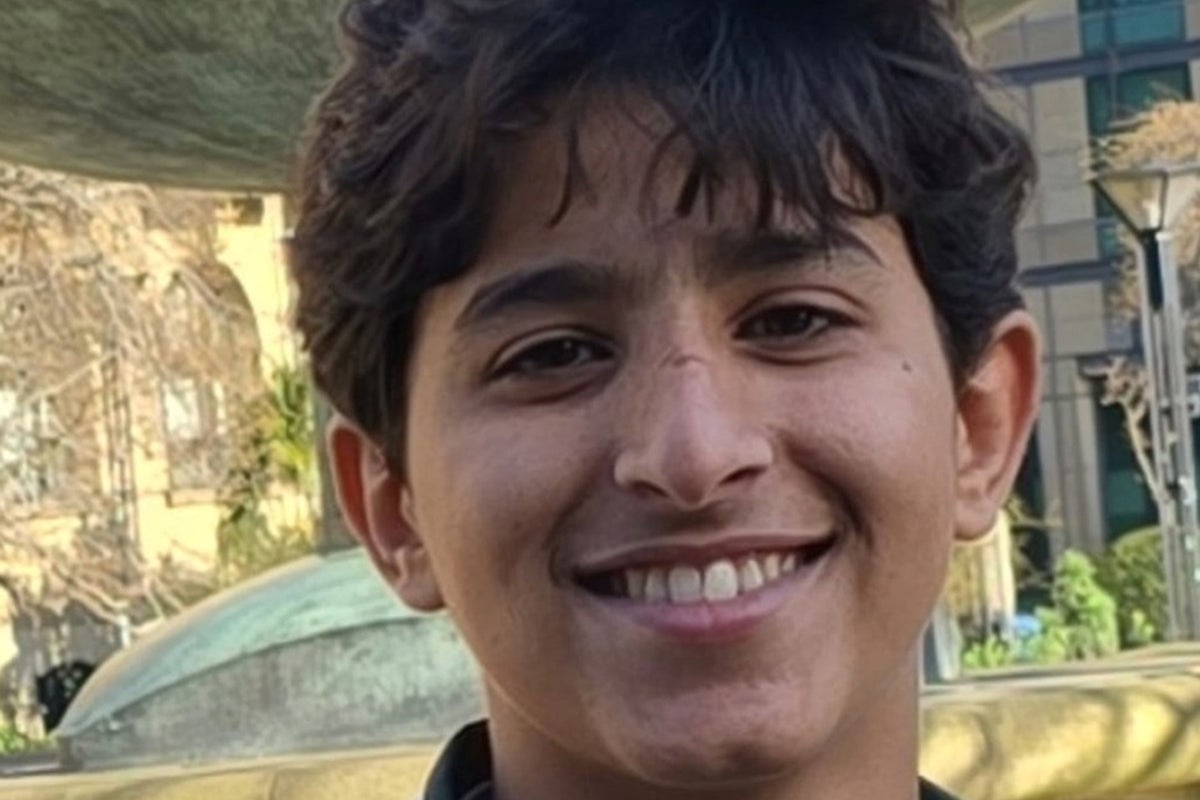ARTICLE AD BOX
The Technology Secretary has said that AI “does lie” but defended his rejection of attempts to strengthen copyright protections amid concerns about tech firms using creatives’ material to train their models.
Peter Kyle acknowledged the technology was “not flawless” as he insisted the Government would “never sell downstream” the rights of artists in the UK.
He also said he had “mistakenly” said his preferred option on AI and copyright was requiring rights-holders to “opt out” of their material being used by tech companies, and had since “gone back to the drawing board”.
Ministers have faced a backlash from major figures in the creative industries over their approach to copyright, with Sir Elton John this week describing the situation as an “existential issue.”
The Government is locked in a standoff with the House of Lords, which has demanded artists to be offered immediate copyright protection as an amendment to the Data (Use and Access) Bill.
Peers have attempted to change the legislation by adding a commitment to introduce transparency requirements aimed at ensuring rights-holders are able to see when their work has been used and by whom.
Asked about the risk of AI producing unreliable information, Mr Kyle said “people need to understand that AI is not flawless, and that AI does lie because it’s based on human characteristics”.
“Now it is getting more precise as we move forward. It’s getting more powerful as we move forward,” he told Sky News’s Sunday Morning With Trevor Phillips.
“But as with every single technology that comes into society, you can only safely use it and wisely use it by understanding how it works.”
He added: “We are going to legislate for AI going forward and we’re going to balance it with the same legislation that we’ll bring in to modernise the copyright legislation as well.”
The Government has said it will address copyright issues as a whole after the more than 11,500 responses to its consultation on the impact of AI have been reviewed, rather than in what it has branded “piecemeal” legislation.
Among the proposals had been a suggestion that tech companies could be given free access to British music, films, books in order to train AI models without permission or payment, with artists required to “opt-out” if they do not want their work to be used.
Asked about the prospect of an opt-out clause, Mr Kyle told the BBC’s Sunday With Laura Kuenssberg programme: “I always had on the table from the outset an opt-out clause.
“But I mistakenly said this was my preferred option that had more prominence than perhaps some of the creatives wanted it to have, and I’ve now sort of gone back to the drawing board on that, because I am listening to what people want.”
Last month hundreds of stars including Sir Elton, Sir Paul McCartney and Kate Bush signed a joint letter to Sir Keir Starmer urging the Prime Minister to introduce safeguards against work being plundered for free.









 English (US) ·
English (US) ·